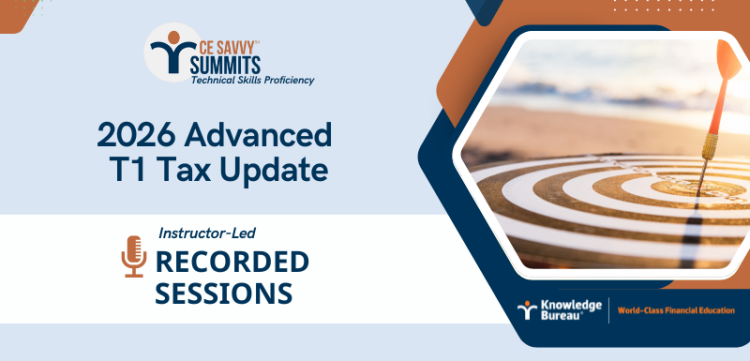Immediate Expensing Rules: Good Tax Policy?

Evelyn Jacks
Over the course of the last two federal budgets (April 16, 2024 and November 4, 2025), the rules for claiming Capital Cost Allowance (CCA) have been uncertain. The proposal to extend immediate expensing rules for certain acquired assets were paused for over a year and then re-introduced in a series of four complex measures which together with new rules for Scientific Research and Experimental Development have become known as the “Productivity Super-Deduction”. A backdrop appears below. The key question: will this complexity be effective as an economic stimulator?
The Backdrop. The November 4, 2025 budget confirmed the intention to extend the Accelerated Investment Incentive (AII) and immediate expensing rules first introduced in the April 16, 2024 budget. By way of definition:
- The AII is an enhanced first-year CCA available for most depreciable capital property.
- The immediate expensing rules all for the full cost write off of manufacturing and processing machinery and equipment, clean energy generation and energy conservation equipment, and zero-emission vehicles (ZEV).
The new rules break down into four measures, well summarized by the Parliamentary Budget Officer (PBO), which last month estimated the cost of these four provisions at just over $19 Billion:
- Measure 1 (from Budget 2024): This is immediate expensing for productivity-enhancing assets in Class 44, 46 and 50. This includes patents, data network infrastructure, and data-processing equipment and systems software, acquired on or after April 16, 2024, and that become available for use before January 1, 2027. Property that becomes available for use after 2026 and before 2034 would benefit from the accelerated investment incentive (AII).
- Measure 2 (from the Fall Economic Statement of 2024): This reinstates the AII and the immediate expensing for eligible property acquired on or after January 1, 2025, and that becomes available for use before 2030. The AII and immediate expensing measures would be phased out over a four-year period starting in 2030.

- Measure 3 (from Budget 2025): Here the immediate expensing for manufacturing or processing buildings acquired on or after November 4, 2025, were introduced. The assets would have to become available for use before 2030. This measure would then be phased out over a four-year period starting in 2030.
- Measure 4 (also from Budget 2025): This measure reinstate the accelerated CCA for low carbon liquefied natural gas (LNG) equipment and related buildings; a measure that expired at the end of 2024. It also introduce new emissions performance requirements. To be eligible for this measure the properties needed to be acquired on or after November 4, 2025, and before 2035.
The PBO’s report also explained that the accelerated CCA and immediate expensing measures permit faster depreciation of eligible property while leaving the total amount of CCA deductible over the asset’s lifespan unchanged.
Bottom Line: Here’s what’s important from a tax planning point of view: these measures are best characterized by the government as a revenue deferral rather than a permanent reduction in revenue. Therefore taxpayers and their advisors should take the long term benefits of the larger deductions at the front end of these investments into account and discuss alternatives in the analysis. That includes claiming CCA under the regular rules.